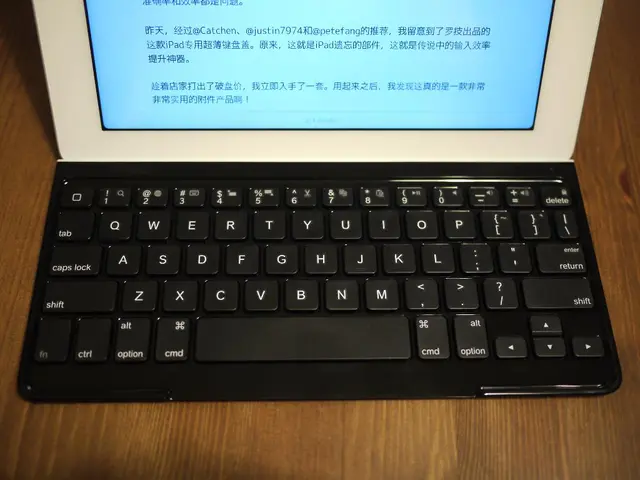Investigation
In the dynamic world of electric vehicles (EVs), two notable Chinese startups, Aiways and Byton, have navigated a complex path marked by ambition, investment, and competition.
Aiways
Established in 2017, Aiways garnered attention as a Chinese EV startup focused on producing affordable electric SUVs, such as the U5. With an eye on both the domestic Chinese market and international expansion, including Europe, Aiways secured significant investment backing over the years, including from Shanghai Industrial Investment and other strategic investors.
However, Aiways faced challenges with production scale and market penetration amid intense competition in China’s EV sector, which includes dominant players like BYD and NIO. Recent developments are less prominent in mainstream news compared to BYD, possibly indicating slower growth or strategic recalibration by Aiways in 2024–2025.
Byton
Established in 2017, Byton was notable for its ambitious smart electric SUVs with high-tech features (such as large OLED dashboards). The company attracted considerable investments from partners including Foxconn and state-backed entities, with aims at expanding globally.
However, Byton faced financial difficulties in 2020, leading to halted production and restructuring efforts. By late 2023 and into 2025, Byton made attempts at revival, but detailed recent sales or production data remain scarce, indicating that it has not yet achieved strong commercial traction or regular output. The company continues to focus on developing its smart EV technology but is overshadowed by larger Chinese EV brands.
Context in China's EV Market
The Chinese EV industry is the world’s largest, with over 500 manufacturers in 2019 shrinking to around 100 by 2023 due to fierce competition. Leading brands like BYD dominate sales, with BYD registering rapid growth and even outselling major global brands in 2025. Newcomers like Aiways and Byton contend with an evolving market where market share increasingly concentrates among fewer but stronger players.
Summary of Investments and Market Position
Both startups initially attracted strong investments to back their innovation and market ambitions. Byton experienced significant financial distress requiring restructuring; Aiways maintains operations but has less visible impact in top sales charts. Neither Aiways nor Byton currently appear among the top-selling EV brands or models in China as of June 2025, with BYD and others occupying the dominant positions.
Notable Developments
- Aiways is likely to be the first car manufacturer to use solid-state batteries, as it collaborates with Prologium, a battery maker building a gigafactory for solid-state batteries.
- China Harmony Industry Group, formed from Feng’s automotive business, was listed on the Hong Kong Exchange in 2013.
- Aiways plans to enter the American market with a larger SUV, the U7 Ion.
- Roland Gumpert is appointed as the product development director for Aiways, and Gumpert Aiways Automobile GmbH is established in Ingolstadt, Germany.
- Green Field Motors, established in 2010, initially produced parts for the industry before starting production of a sub-compact crossover type vehicle without logo’s for sale as complete knock down kits to car manufacturers abroad.
- Gumpert Aiways develops a 1200 hp sports car named RG Nathalie, with an RE-EV system, a 70 kWh battery, and a methanol fuel cell range extender.
- Future Mobility Corporation (FMC), a subsidiary of Harmony Futeng, establishes Byton in March 2016, with Carsten Breitfeld and Daniel Kirchert as its founders.
- In 2021, Aiways sells its 50% share in Jiangling Holding to the Jiangxi government, retaining the right to use the production permit.
- In January 2021, Byton signs an agreement with Foxconn for a limited restart of operations and full operations in 2022, with Foxconn assisting Byton in manufacturing and supply chain management.
In conclusion, while Aiways continues modest operations with existing models and some overseas presence, Byton remains in a recovery phase after previous financial issues. Neither has yet achieved a leading status amid China's highly competitive EV market dominated by larger established companies like BYD.
- Aiways' strategic investors include Shanghai Industrial Investment, propelling their focus on producing affordable electric SUVs like the U5 and expanding into the international market.
- Despite significant investments, Byton struggled financially in 2020, halting production and requiring restructuring efforts.
- The Chinese EV industry, the world's largest, is marked by intense competition, leading to consolidation from 500 manufacturers in 2019 to around 100 by 2023.
- In the evolving Chinese EV market, neither Aiways nor Byton have been able to secure top-selling positions, with brands like BYD dominating sales and rapid growth, overshadowing newcomers.








